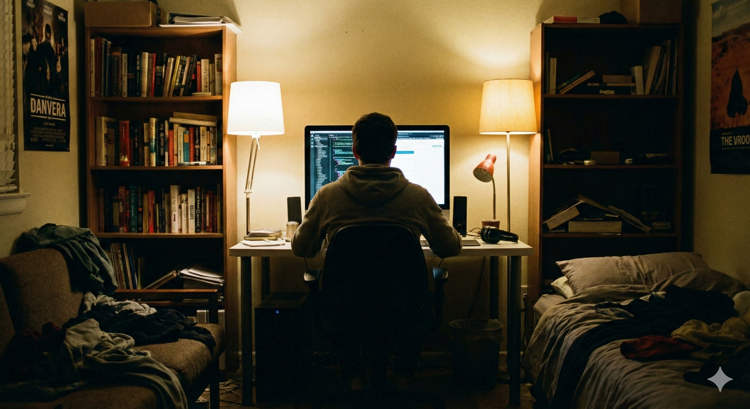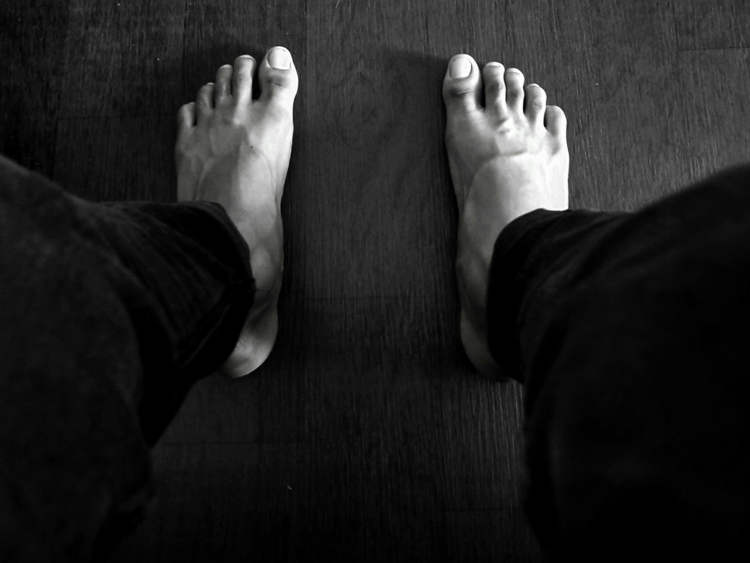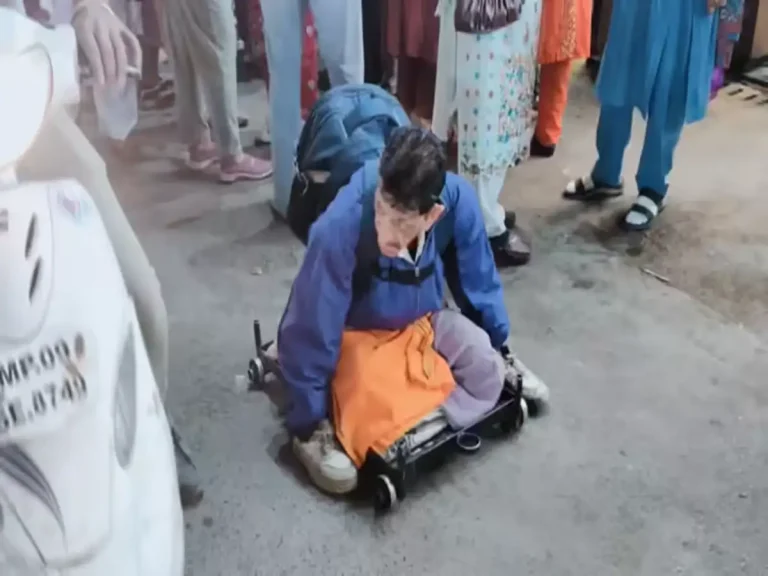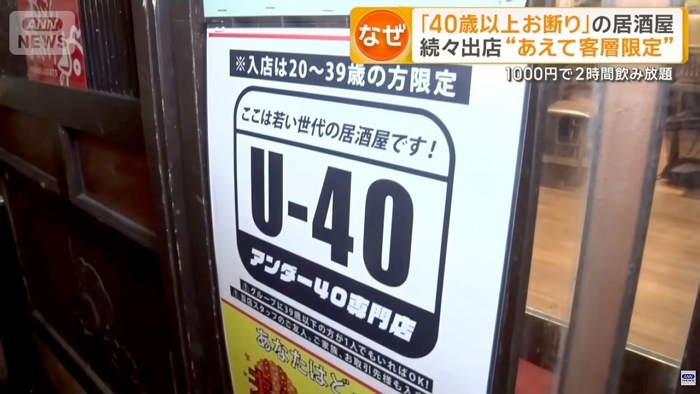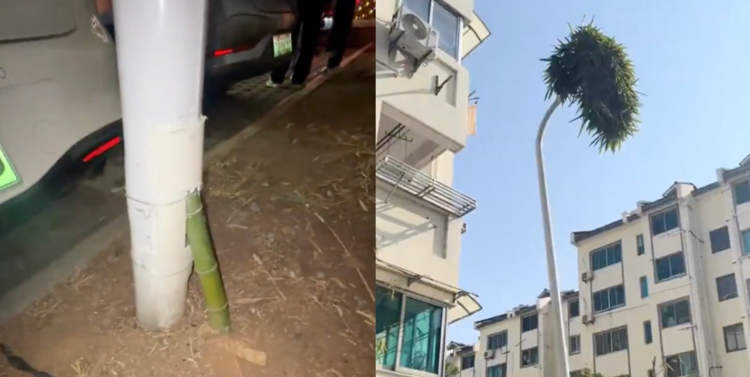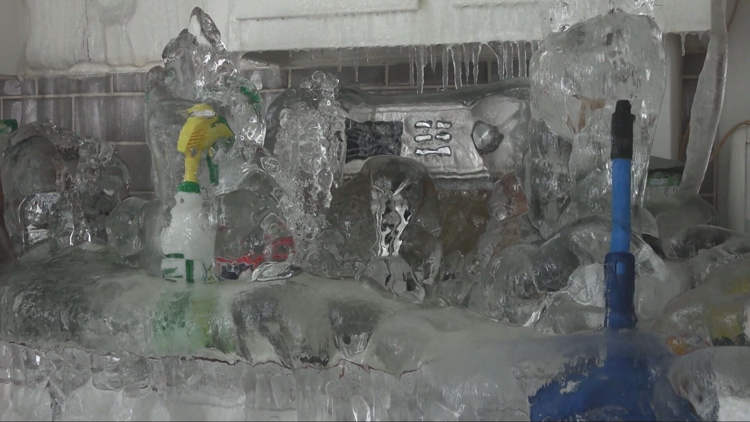A website that maps Japan’s noisiest and most annoying neighborhoods to help people avoid public nuisances when looking for a place to live has sparked controversy, with many accusing it of criticizing normal behavior, like children crying or speaking loudly.
While Japan is still sometimes portrayed as this serene, and calm land, in reality it is one of the nosiest countries on the planet. With over 90% of its 126 million-strong population living in urban areas, noise pollution is a part of daily life, and it’s no wonder that many are valuing peace and quiet more than ever. Japan has even coined a special term that describes the kind of person who talks loudly and generally acts as a public nuisance, completely disregarding the people around them. They are called “dorozoku” or “street tribe”, and they are the focus of a controversial online platform that maps Japanese neighborhoods likely to be plagued by them.
DQN Today is the brainchild of a 40-something freelance web developer from Yokohama, who has allegedly been working from home for the last 12 years. Back in 2016, after finding himself unable to work on some days due to the constant ruckus made by noisy children hanging around his home, the man, who preferred to remain anonymous, decided to create an online crowdsourcing website where people could map and share their experience with dorozoku.

Photo: Kelly Sikkema/Unsplash
In the beginning, DQN Today went nearly unnoticed, but as the dorozoku phenomenon gained more attention in Japan, so did the website. But it was the Covid-19 pandemic that pushed it over the edge. With so many people confined to their homes for long periods of time, the noise made by neighbors or their children became much more of an issue nationwide.
DQN Today, commonly known as Dorozoku Map, currently features over 8,000 registered sites all over Japan, submitted by users as dorozoku hazards. The map is meant to serve as a guide for people who find loud talking, and noises made by children playing in the streets or outside their houses deeply distressing, so they can stay far away.
The webmaster behind DQN Today, an online systems engineer who goes by the alias Seaget, reviews all reports submitted to the website by likeminded people, filtering out those he deems unfounded (based on personal grudges, slanderous, discriminatory, etc.) and updates the map, adding new points along with a comments from the submitter describing the situation.
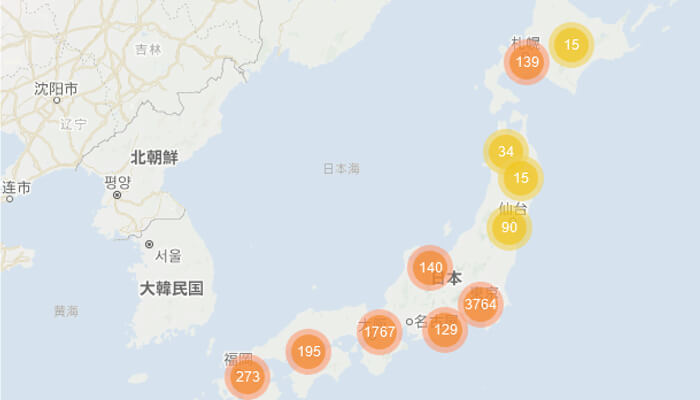
Photo: DQN Today
“The voice of a kid living in a residential area around here is not noisy; it’s like a monkey in a zoo that is always making noise with a strange voice,” the description of a dorozoku spot near Kashiwazaki reads.
“Although it does not happen every day, the mother, son and the mother’s younger sister sometimes play with a ball in the street while yelling,” another entry, this time for a location in the city of Kawasaki, reads.
The online dorozoku map has sparked a heated debate both in Japan and abroad. Those who support the project claim that it is a non-confrontational way to complain about the problem of noise pollution caused by neighbors and children, and raise awareness about it. Venting directly to the children’s parents would only spark conflict, this way people who wish to avoid noisy areas, can do so.
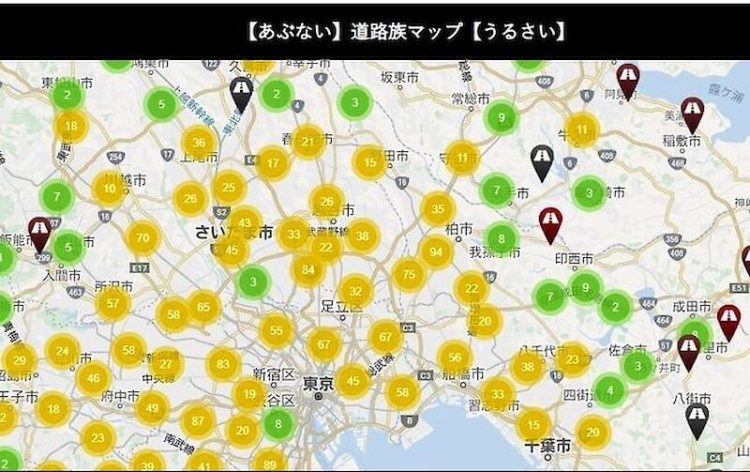
Photo: DQN Today
On the other hand, critics of DQN Today claim that it is fueling anti-social behavior in Japan. It is being perceived by many as a symbol of the country’s low level of tolerance for normal childish behavior and street noise. Bustling communities should be teeming with life and noise, but this is seen as extremely rude behavior by users of the site.
Seaget, the founder of DQN Today took to the site’s blog to clarify that after speaking with Japanese newspaper Asashi Shinbun, he has declined requests for comment from the media. His statements have apparently been misreported by journalists, who portrayed him and the entire anti-dorozoku community as anti-social. He tried to clarify that he doesn’t have a problem with children playing outside, but there are instances where their noise can become intolerable.
“I have no complaints or problems with children playing outside,” the anonymous IT specialist wrote. “However, some parents let their children play in front of other people’s houses for hours every day. This is a dangerous and annoying practice that can sometimes lead to road accidents.”
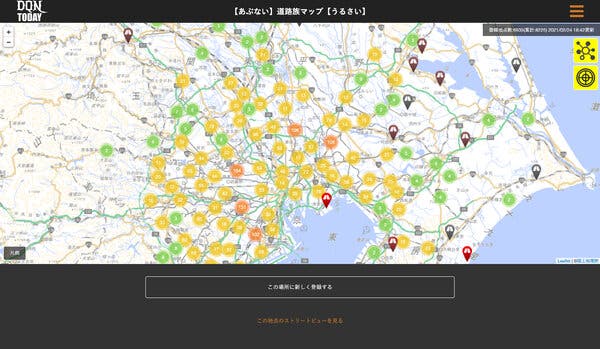
Photo: DQN Today
“Some people work in hospitals or on night shifts have serious problems sleeping because it is too noisy during the day. I have suffered from this myself. We have found that many people are deeply distressed, hurt and physically and mentally broken, with no one able to solve their problems.”
Seaget added that there are cases when the situation in places marked on the map as dorozoku hazards are removed after he receives notifications that the road tribes in the area have changed their ways. He claims that Asahi has changed his story of wanting to highlight the problem of dorozoku in Japan into one of intolerance, a narrative that was picked up by western media as well.
“What we want to achieve is to solve the problem of road tribes,” the webmaster said.

Photo: Sarah Richter/Pixabay
According to Big Think, DQN Today has been described as a symptom of an aging society, irritably requesting that the young people “turn the damn volume down” and “get off that lawn.”



